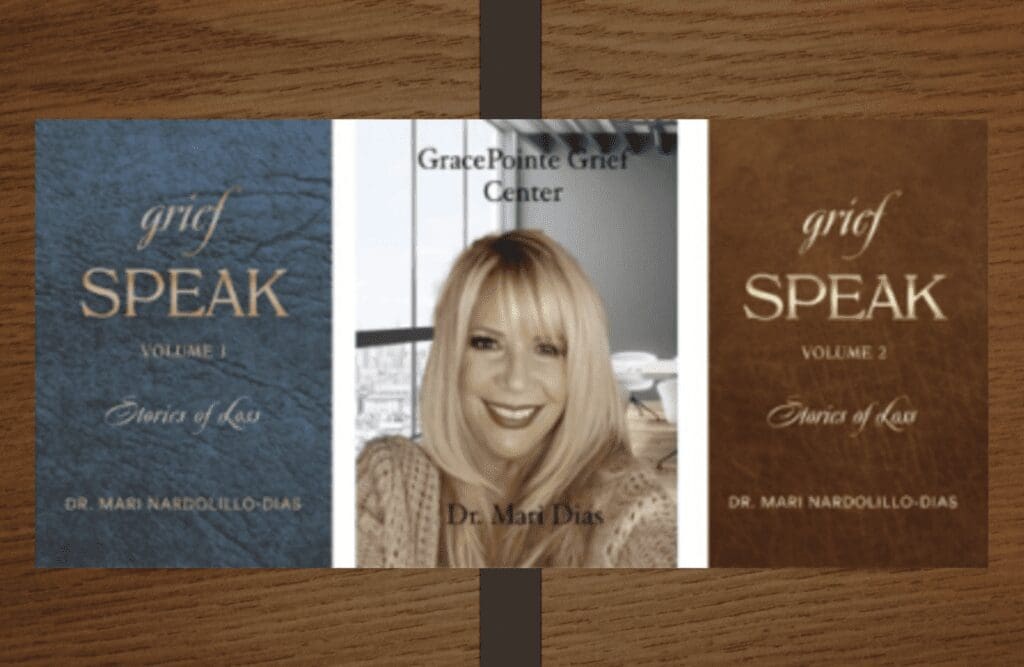Search Posts
Recent Posts
- RI Veterans: Did you know? 02.05.24 (Pvt. George J. Peters, local events, vet info) – John A. Cianci May 2, 2024
- Shared living opens new doors to people with disabilities – G. Wayne Miller, Ocean State Stories May 2, 2024
- We Cook! Point Judith Calamari, Chickpeas, Quinoa-Tabbouleh Salad, Red Pepper Hummus May 2, 2024
- The Independent Man, newly gilded, couldn’t miss Rhode Island Independence Day event May 2, 2024
- Rhode Island Weather for May 2, 2024 – John Donnelly May 2, 2024
Categories
Subscribe!
Thanks for subscribing! Please check your email for further instructions.

GriefSPEAK: The depth of a widow’s grief – Mari Nardolillo Dias
by Mari Nardolillo Dias, EdD. contributing writer
“A widows peak was known as a sign that a woman would be an early widow. None in today’s column have a widows peak “
“Standing on the water’s edge you think you’re in control. Until she lulls you into depths no one would know… She’s so cold and vast, there’s no secret she can’t keep. Let me tell you about the ocean” (The Complaints and Joe Martira, “The Ocean” from “Chasing Light 2023.)
In 18th century India, the practice of “suttee” was common. The ritual persisted until the British outlawed it in British India. The word “suttee” refers to the practice of “self-cremation of a Hindu widow on her husband’s funeral pyre. The derivation is from the Sanskrit “sati” – the word for the self-immolating widow, used also for her burning. (etymonline).
I work with a number of widows, some who metaphorically commit suttee. They often begin with telling me that “the wrong one died”, and often wish they were dead. This wish tends to be just that and is fairly common in the research on widows. (Widowers tend to remarry rather quickly and thus have little time to experience this wish.) Rather than literally self-cremate by throwing themselves on their husband’s funeral pyre, some of my clients might as well. They are physically here, but psychologically and emotionally dead.
In an attempt to empathize with this sense of fear, aloneness and loneliness, I scoured my memories, and revisited the following. After snorkeling in the American and British Islands, I returned home with a vow to secure a scuba license. I was envious of those who were scuba diving below me – having the ability to get to the bottom of this clear, sultry water to see and experience more than I would ever see on the surface as a snorkeler.
I found a 3-week course and began my training. It was in a local pool, and the midterm exam involved the instructor hurling all our equipment to the bottom of a 9-foot-deep end. We were not allowed to come up until we had accurately donned the weights, tanks, mask, etc. It was very difficult and scary, but I prevailed. Then came the final exam. An eighty-five-foot dive (with a partner) in Narragansett Bay. Unlike the crystal clear, lucid waters of the islands, Narragansett Bay is black as night, cold and unwelcoming, replete with silt and sand kicked up from the depths. Visibility was nil and my trust lay in the hand of my partner, locked into mine. At one point our hands drifted apart, and for that instant the fear of being alone in the literal darkness-unknowing where I was- like a womb without an exit, the fear consumed me.
Thinking back, I can only think that the moment in eighty-nine feet of black nothing may be analogous to the feelings of those in the late 1700’s, who self-cremated due to the state of being alone and scared, as well as my current clients who feel much the same.
___

Dr. Mari Nardolillo Dias is a nationally board-certified counselor, holds a Fellow in Thanatology and is certified in both grief counseling and complicated grief. Dias is a Certified death doula, and has a Certificate in Psychological Autopsy.
She is Professor of Clinical Mental Health, Master of Science program, Johnson & Wales University. Dias is the director of GracePointe Grief Center, in North Kingstown, RI. For more information, go to: http://gracepointegrief.com/
